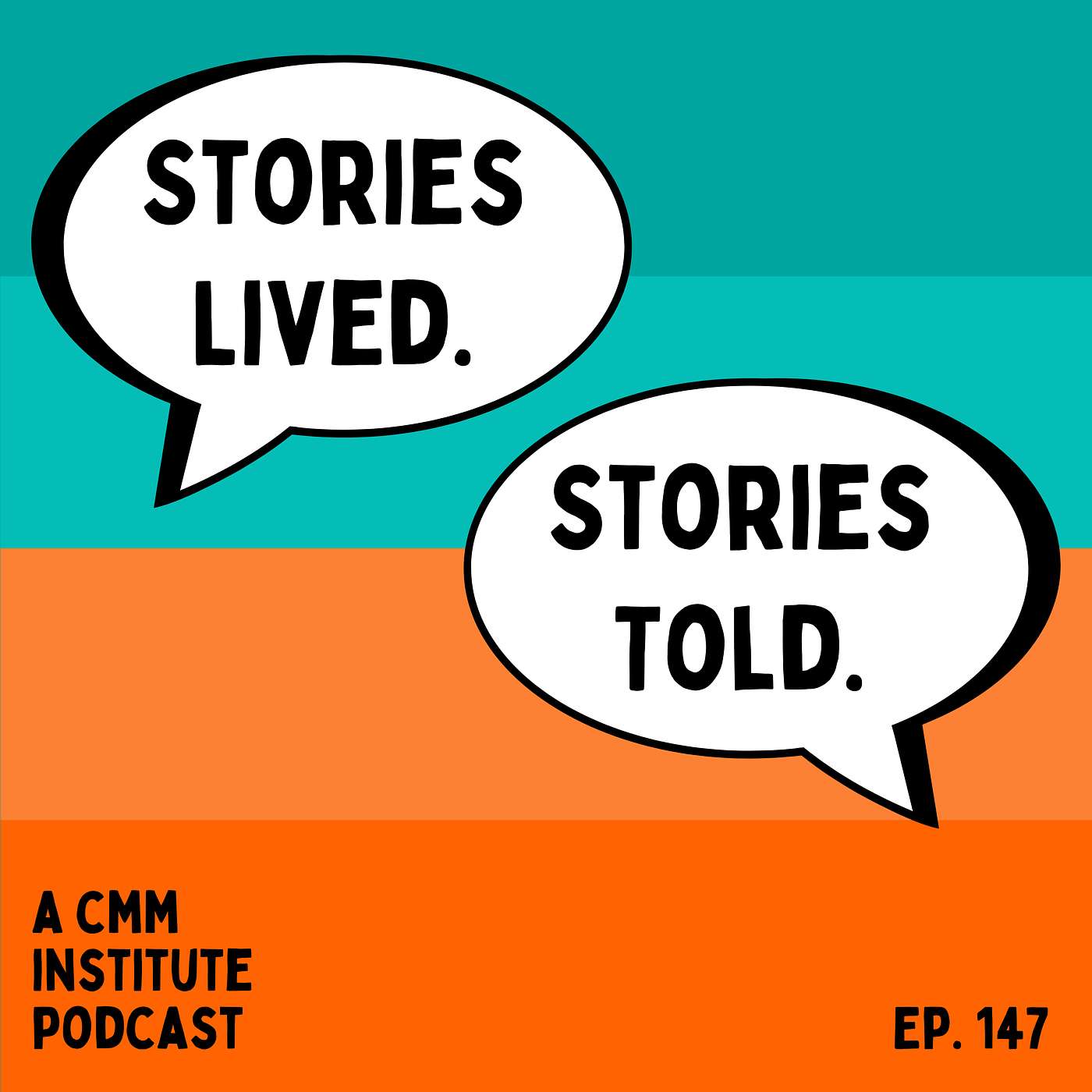
Stories Lived. Stories Told.
Author: Abbie VanMeter and The CMM Institute
Subscribed: 16Played: 357Description
The purpose of Coordinated Management of Meaning is to create better social worlds through better communication. This podcast is about empowering all of us in our communication to see ourselves as curious and active participants with the ability to create meaningful change in our relationships and social worlds.
Our practice of CMM is about embodying a “communication perspective,” which asks us to “look at communication, rather than through it.” To take a communication perspective is to consider what we’re making and how we’re making it through our communication practices. This means we look at patterns, contexts, stories, and relationships; and that we use curiosity, mindfulness, collaboration, and dialogue to create better social worlds for ourselves.
So, join us as we take CMM from theory to practice, engage in collective learning together, and apply a communication perspective to make meaning in our conversations.
























